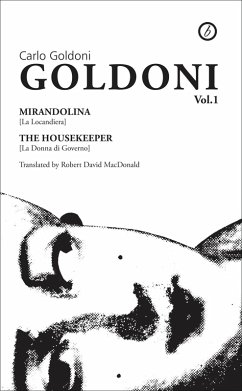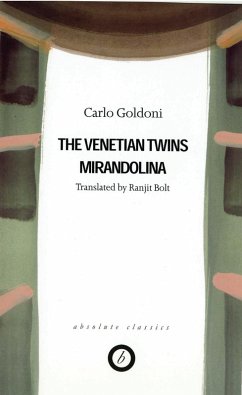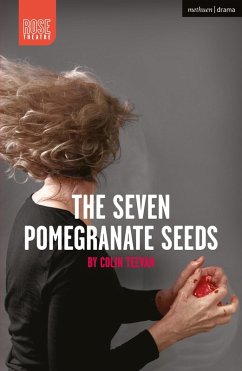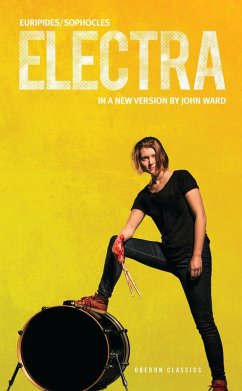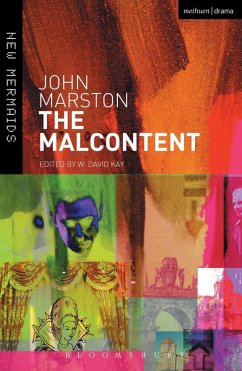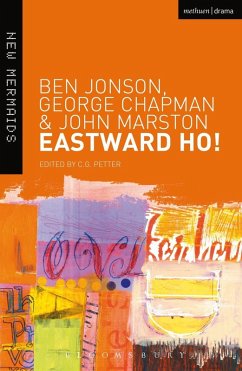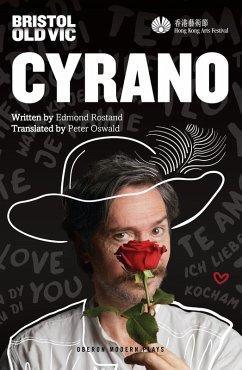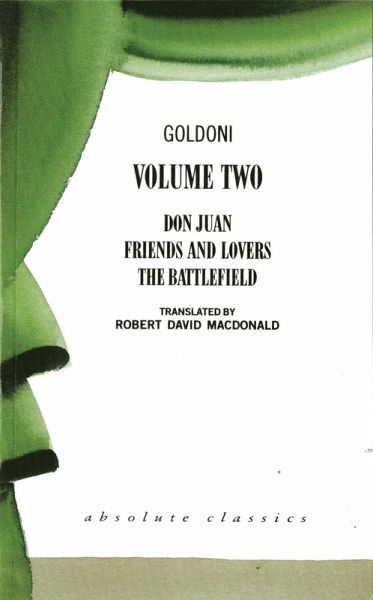
Goldoni: Volume Two (eBook, ePUB)

PAYBACK Punkte
4 °P sammeln!
Carlo Goldoni was Italy's greatest playwright of the eighteenth century and wrote at least one hundred and fifty plays, although only a handful; of these have been performed since his time. Working for theatres in both Venice and Paris, he took much of his inspiration from 'commedia dell'arte'. This collection focuses on Goldoni's more serious side and includes the plays Don Juan, Friends and Lovers and The Battlefield. The first published English-language edition of Goldoni's worldly vision of the Don Juan legend, in verse, alongside translations of the naturalistic Friends and Lovers and The...
Carlo Goldoni was Italy's greatest playwright of the eighteenth century and wrote at least one hundred and fifty plays, although only a handful; of these have been performed since his time. Working for theatres in both Venice and Paris, he took much of his inspiration from 'commedia dell'arte'. This collection focuses on Goldoni's more serious side and includes the plays Don Juan, Friends and Lovers and The Battlefield. The first published English-language edition of Goldoni's worldly vision of the Don Juan legend, in verse, alongside translations of the naturalistic Friends and Lovers and The Battlefield, all of which were first seen at the Citizens Theatre in Glasgow.




